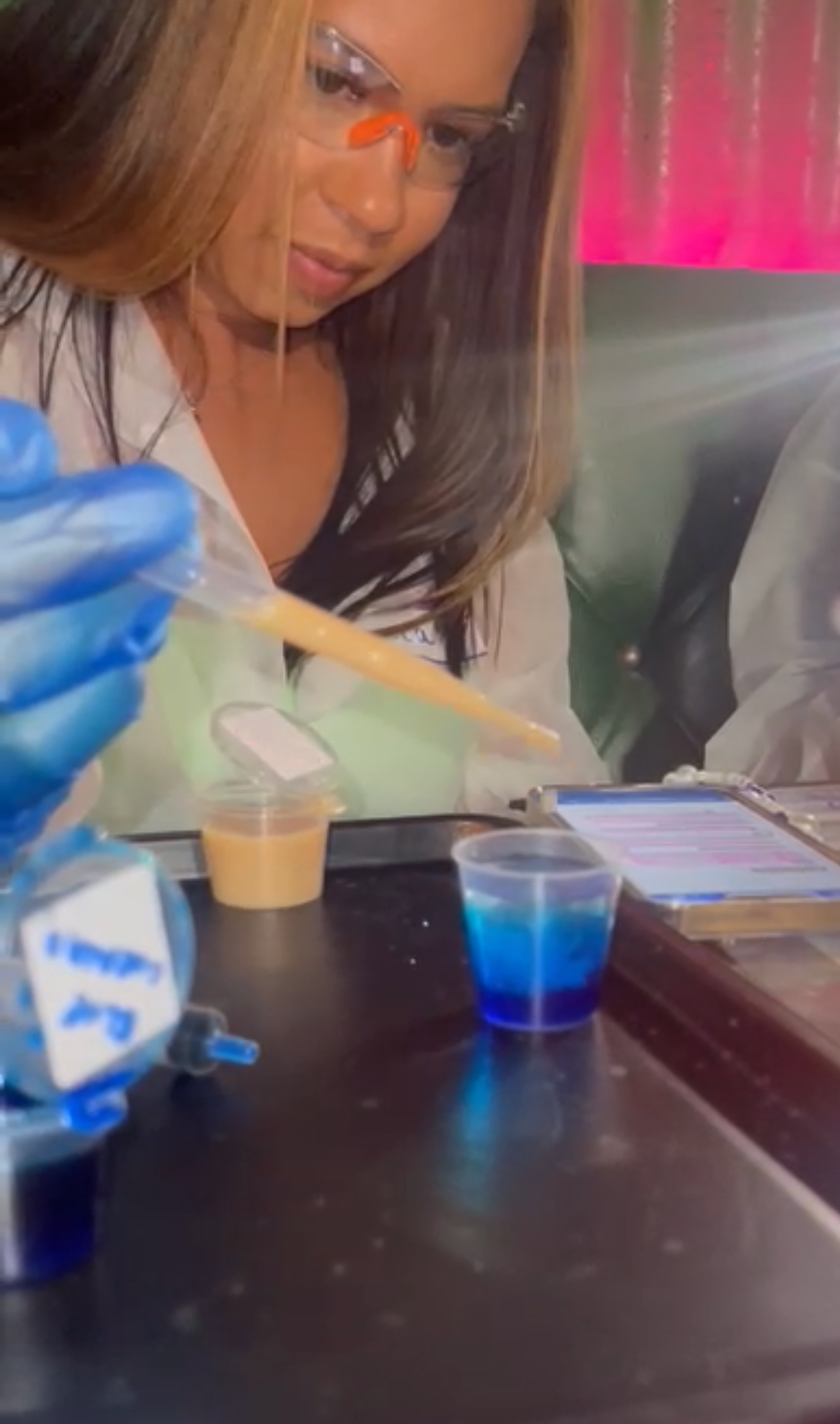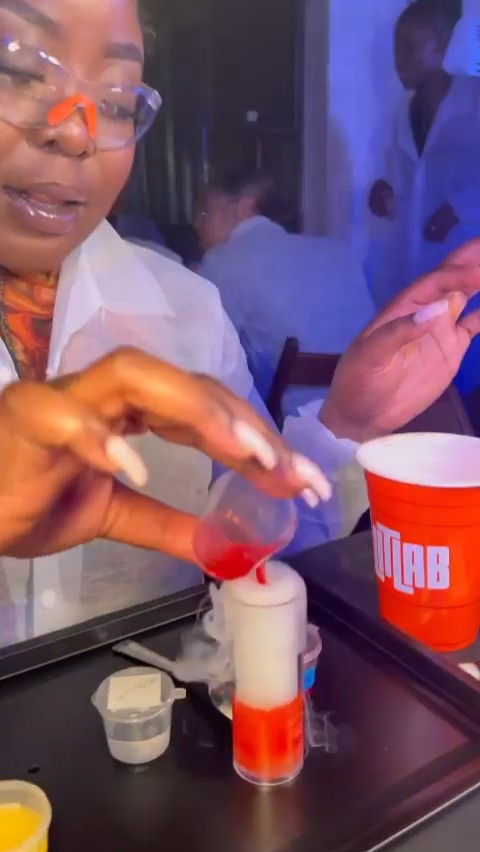Why vodka is heavier than beer
- Lit Lab London
- Dec 1, 2023
- 2 min read
Have you ever wondered why some drinks are denser than others? Is it the alcohol content, the sugar content, or some secret bartender's magic? We're about to take a tipsy tumble into the science of density.
Density is the silent force that determines whether your favourite cocktail will sink or swim in a glass of water.
So, why are some alcohol drinks ‘heavier’ than others? Well, it all boils down to a simple principle: the more stuff you cram into a given space, the denser it's going to be.
Now, you might be wondering why we should care about the density of our drinks but there are actually a few reasons why density is important in the world of cocktails:

Layering: Density is what allows us to create those Insta-worthy layered cocktails, with the heavier ingredients sinking to the bottom and the lighter ones floating on top.
Taste: The density of a drink can also affect its taste. For example, a denser drink will tend to have a more syrupy mouthfeel, while a lighter drink will be more refreshing.
Alcohol absorption: Some studies have suggested that the density of a drink can affect how quickly alcohol is absorbed into the bloodstream. So, if you're looking to slow down your drinking, you might want to choose a cocktail with a lower density.

Now, why is vodka heavier than beer? Well, it's all about the alcohol content. Vodka typically has an alcohol content of around 40%, while beer usually falls somewhere between 3% and 12%. That means there's a lot more alcohol in vodka, which makes it denser than beer.
So, next time you're staring at a layered cocktail, take a moment to appreciate the delicate balance of densities that allows your vodka to rest comfortably atop your liqueur without mixing into a murky mess. It's a testament to the science of mixology, a science that, when done right, can transform a simple drink into a work of art.
Cheers!
Bonus tip: If you want to test out the density of cocktails, join us at one of the Lit Lab London's science and sip events to create your own science shot where we layer drinks to create amazing effects!
Sources:
American Chemical Society. (n.d.). The Density of Liquids. Available at: https://www.acs.org/education/resources/k-8/inquiryinaction/fifth-grade/substances-have-characteristic-properties/density-of-liquids.html. .
BBC Bitesize. (n.d.). Densities of solids, liquids and gases - Solids, liquids and gases - KS3 Physics. Available at: https://www.bbc.co.uk/bitesize/topics/zkr4jxs/articles/zqpkkty#zt377yc .



Comentários